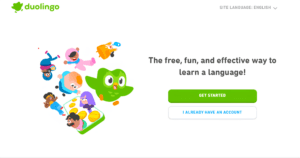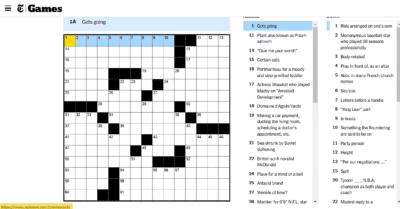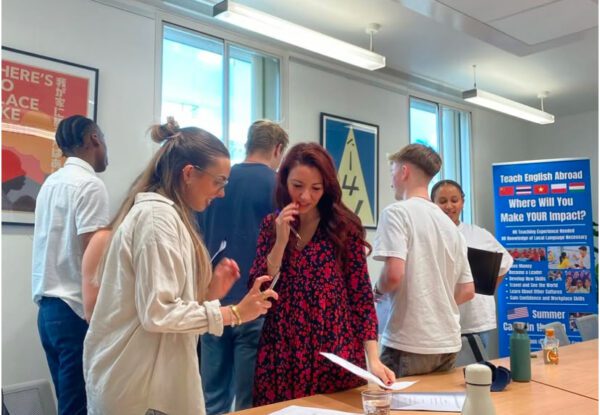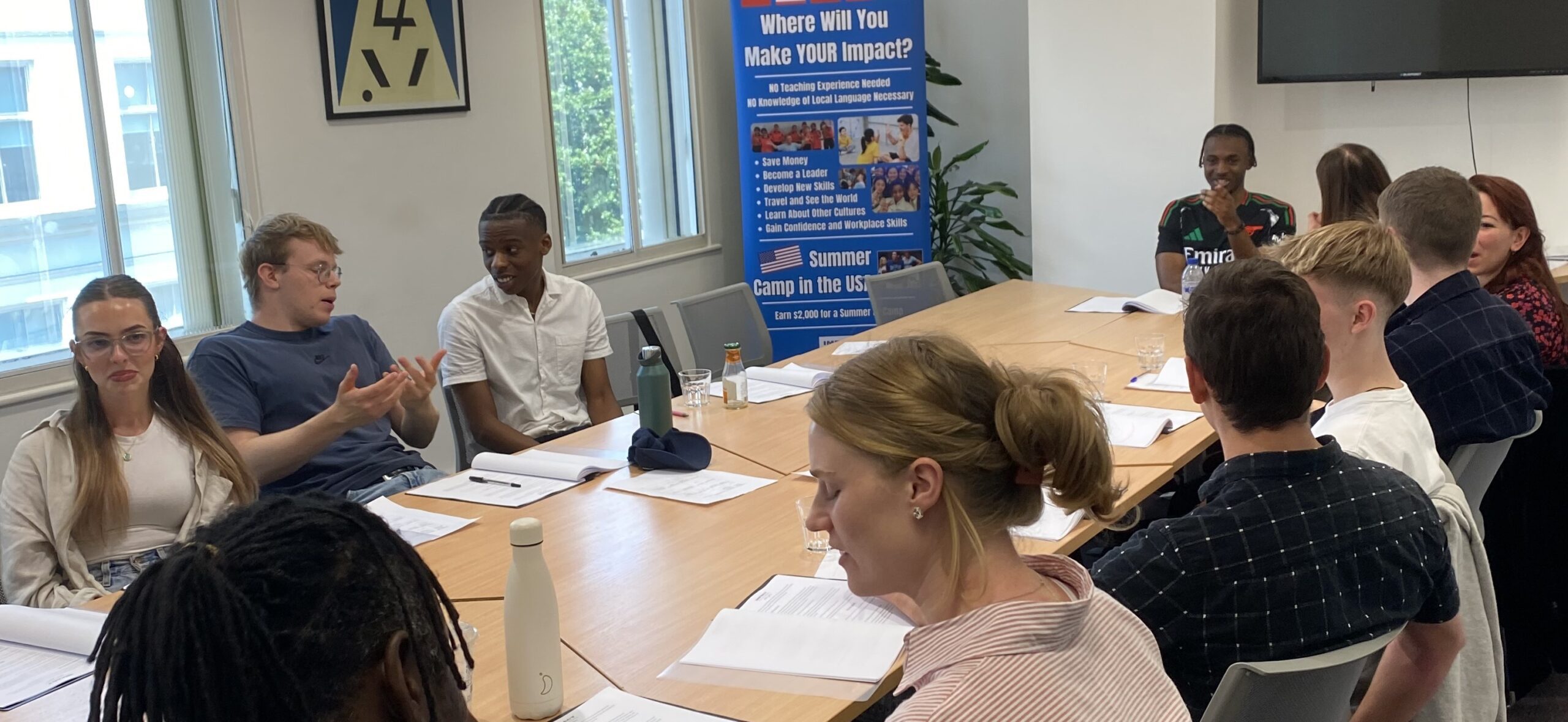By Ken, Teacher in Warsaw
Hello everyone!
We’ve all heard about hard skills and soft skills. If you’ve worked in any sort of customer-facing job you’ll have been reminded about your soft skills until the cows come home, and everyone will have obtained hard skills at least once in their lives. But what are they, and how do they fit into teaching? In this blog I will be talking about how they fit into teaching, and how they both play an important part.
Hard skills
 In a nutshell, hard skills are anything that can be learned like learning a language on Duolingo. They are skills that are learned through hands-on experience and education. Common examples include passing certifications, technical skills required to do a job and so on.
In a nutshell, hard skills are anything that can be learned like learning a language on Duolingo. They are skills that are learned through hands-on experience and education. Common examples include passing certifications, technical skills required to do a job and so on.
For almost all teaching jobs you’ll need some sort of certification. It could be a TEFL or CELTA (accreditations required by many employers to teach English) or simply a degree/diploma to get a visa (needed for being an Assistant Language Teacher in Japan). It is highly recommended to get a TEFL or CELTA as it opens up a lot more opportunities for you, and if you don’t have any actual teaching experience it is a must. Just be careful and go to a legitimate website in order to get those certifications. Be careful out there!
Without hard skills you also won’t be able to effectively teach English.
 The majority of my students are at least B1(Intermediate level) and I always encourage them to ask as many questions as they can as I want them to be curious and I want them to learn as much as possible. Without a decent knowledge of English and all of its sometimes nonsensical nuances (silent letters do my head in!) and grammatical structures there is no way that I could deliver a good or even great lesson. The last thing you’ll want to do is appear clueless in front of your students as they’ll most likely begin to think that you don’t know what you’re talking about and lose faith in your teaching. And none of us want that to happen! So sharpen your hard skills, learn English grammar inside out and expand your vocabulary. I did a ton of crosswords as a kid and nowadays I do the daily NYTimes crossword. It’s one of the best ways to increase your vocabulary and it makes you sound immensely knowledgeable during lessons. Especially with B2 and above students it’s a great idea to add extra and more interesting vocabulary. Not only does it make you look like a good teacher it also teaches your students things they perhaps weren’t expecting. Everyone likes surprises!
The majority of my students are at least B1(Intermediate level) and I always encourage them to ask as many questions as they can as I want them to be curious and I want them to learn as much as possible. Without a decent knowledge of English and all of its sometimes nonsensical nuances (silent letters do my head in!) and grammatical structures there is no way that I could deliver a good or even great lesson. The last thing you’ll want to do is appear clueless in front of your students as they’ll most likely begin to think that you don’t know what you’re talking about and lose faith in your teaching. And none of us want that to happen! So sharpen your hard skills, learn English grammar inside out and expand your vocabulary. I did a ton of crosswords as a kid and nowadays I do the daily NYTimes crossword. It’s one of the best ways to increase your vocabulary and it makes you sound immensely knowledgeable during lessons. Especially with B2 and above students it’s a great idea to add extra and more interesting vocabulary. Not only does it make you look like a good teacher it also teaches your students things they perhaps weren’t expecting. Everyone likes surprises!
Soft Skills
In a nutshell, soft skills are traits and abilities that relate to your personality and ones that you develop throughout your entire life. They are also called people skills and also include things like time management, communication skills and lateral thinking. So how are they useful during a lesson?
What I find with a lot of teachers is that they are very qualified, got their CELTA and have experience teaching. However they lack people skills. They aren’t able to make a lesson interesting and personal and it comes across as being very formal and not very engaging. You could know your infinitives from your gerunds by heart but if you can’t present it to your students in a lively and entertaining manner then your students will switch off. Another thing that none of us want to happen!
 If you have good people skills you’ll also be able to improvise and sense when your students are a little uncomfortable. By understanding your students, you are encouraging your students to participate and speak and creating a healthy atmosphere in which to learn. In turn, your students will look forward to your lessons, become more talkative and it will make your teaching life a whole load easier. If you are naturally understanding, adaptable and approachable you’ll likely make a good teacher. Of course, you still need to have hard skills in order to be a great teacher!
If you have good people skills you’ll also be able to improvise and sense when your students are a little uncomfortable. By understanding your students, you are encouraging your students to participate and speak and creating a healthy atmosphere in which to learn. In turn, your students will look forward to your lessons, become more talkative and it will make your teaching life a whole load easier. If you are naturally understanding, adaptable and approachable you’ll likely make a good teacher. Of course, you still need to have hard skills in order to be a great teacher!
The best way to become better with people is to interact with people as much as you can, or watch people who are naturally good with people and try to mimic what they do. Perhaps not exactly what they do as their personality may differ from yours, but no doubt they will be doing things that make them a great people person that will hopefully be useful to you.
Which is more important?
It goes without saying that if you want to be an awesome teacher, you need both soft and hard skills. You need to be able to learn as well as think on your feet and be flexible amongst a myriad of other talents. But is one set of skills more valuable?
I would say that while they may be both equally as important, I would probably say that great soft skills are slightly more important. If you aren’t able to make your students feel at ease in lessons and get them to participate then no amount of amazing grammar and vocabulary will make them do that. As aforementioned, understanding your student is of paramount importance, so if you cannot sense that your student isn’t happy with something or if they’re confused then it’s not going to end well. Additionally, understanding your students (and people in general) makes them feel valued and respected. It’s an easy way to make friends too. Oh and actively listening to people also helps!
To summarise….
Hard skills and soft skills both play an extremely important part in teaching and it’s useful to know how they can impact our lessons and students. By effectively incorporating both soft and hard skills into our teaching we can conduct brilliant lessons, hopefully so good that they’ll tell their friends and family and those around them. And of course, that means more money for you!
If you would like to start your own teaching adventure, why not check out what opportunities are on offer by clicking here?




